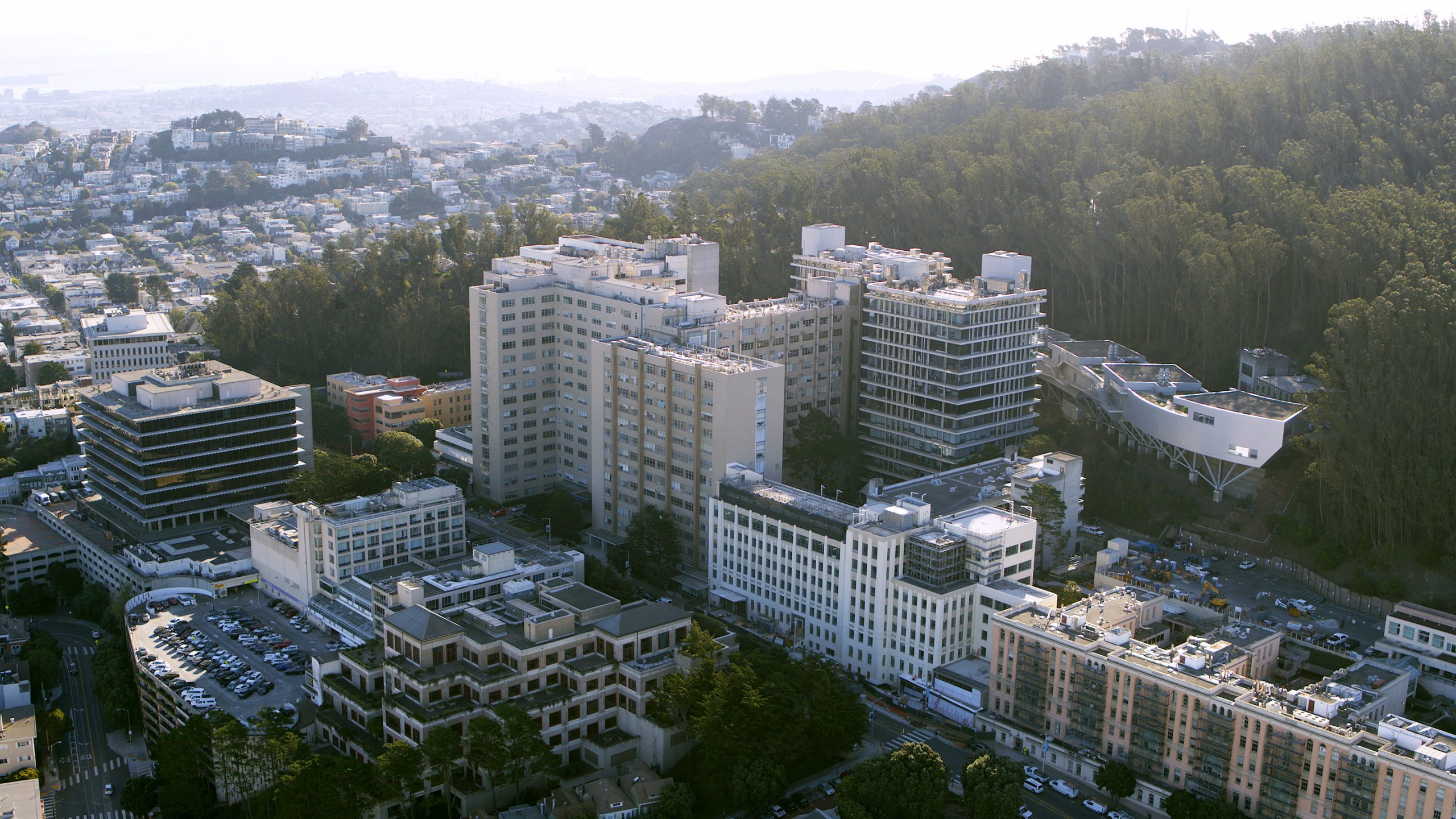UCSF: Zuckerberg Hospital to Boost Mental Health Services for Kids
For a child experiencing a mental health crisis in San Francisco, inpatient beds are few, and getting appropriate care often means leaving family, friends and community for a treatment facility hours away. A child who is on Medi-Cal, uninsured, in foster care or in the juvenile justice system faces even more challenges due to the smaller number of inpatient and intensive outpatient mental health facilities accepting these patients.
Lisa Fortuna, MD, chief of psychiatry at the Priscilla Chan and Mark Zuckerberg San Francisco General Hospital and Trauma Center (ZSFG), remembers one teen she treated who had a significant history of trauma and was experiencing psychotic episodes.
“This young person really needed hospitalization. But everywhere we turned, we were told that the system involvement – with juvenile justice and child welfare – in addition to the youth’s clinical history, was too complicated, and they didn’t have the workforce to support the child,” said Fortuna, who is also the executive vice chair of the Department of Psychiatry and Behavioral Sciences at UC San Francisco (UCSF), which has a longstanding partnership with ZSFG. “Our only choice was to stabilize the child on our pediatrics unit as best we could until we could find a residential setting, and that was far from the city and the child’s natural supports.”
Nationally and locally, the COVID-19 pandemic dramatically increased the number and severity of mental health challenges for children and youth and exacerbated an existing shortage of services and providers, Fortuna said. Children ages 3 to 17 saw a 29% rise in anxiety and 27% rise in depression from 2016 to 2020, according to the U.S. Department of Health and Human Services.
We need to ensure strong community input so we can create culturally appropriate programs where families can be involved in the care.
LISA FORTUNA, MD
The San Francisco Department of Public Health (SFDPH), through its academic community hospital ZSFG, is working to change the situation thanks to a $33.7 million state grant. Together, SFDPH and ZSFG plan to add 24 new partial hospitalization and intensive outpatient slots in the next 18 to 24 months, as well as 12 inpatient beds in five years. None of those options for care exist now, as ZSFG’s mental health care currently comprises outpatient (non-intensive) visits and consulting services for pediatricians and other physicians.
Adding the new programs will enable the hospital to treat at least 450 youth annually in the inpatient unit, and 900 in intensive outpatient clinics. The expansion is the latest chapter of a 150-year-and-counting partnership with UCSF, in which ZSFG doctors serve as faculty at UCSF and develop cutting-edge clinical research for the benefit of all San Franciscans.
While the services will be new, San Francisco’s public hospital has a wealth of experience in treating patients whose vulnerabilities can be too challenging for other health facilities. “At UCSF and ZSFG, this is what we do: We treat people with very complex lives and situations, and we figure out how to respond to barriers – whether financial, cultural or structural – so we can provide quality care,” said Fortuna. “We’ll bring that expertise to our new mental health services, as well.”

